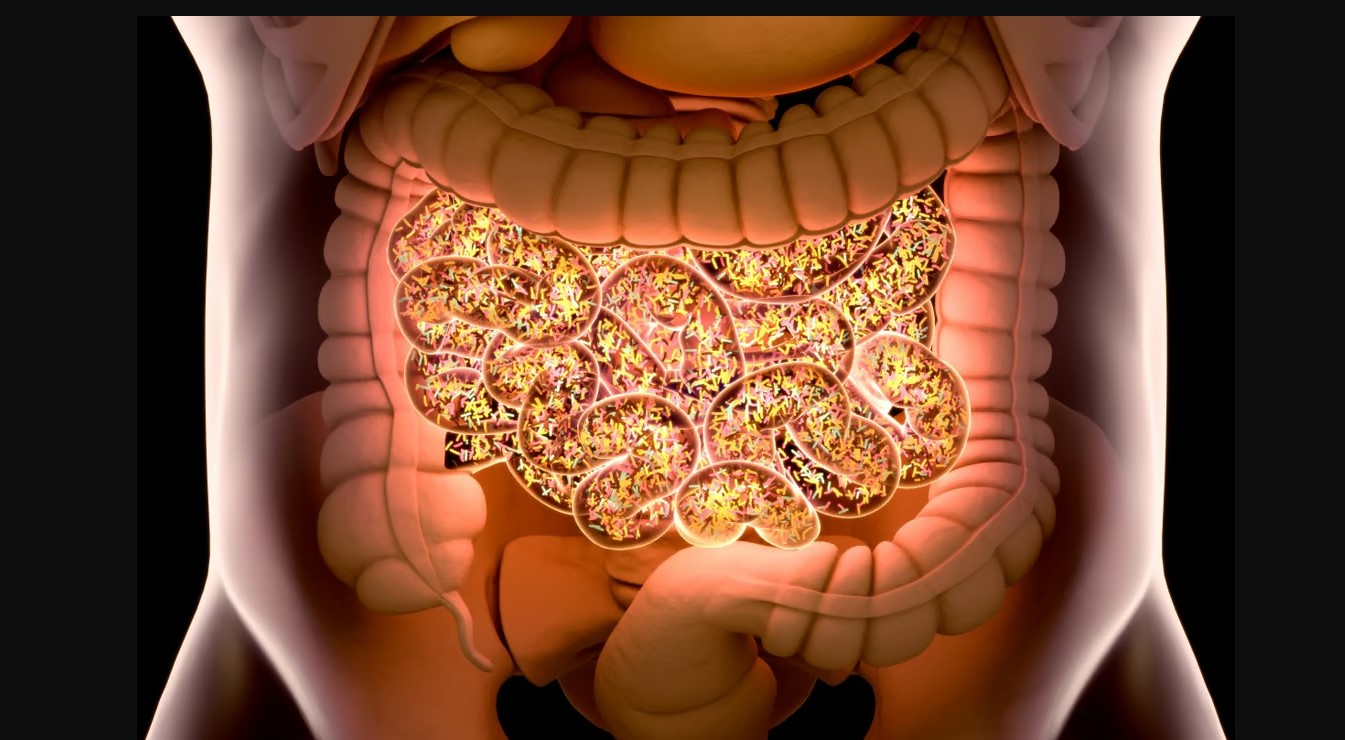The human body is an intricate ecosystem, hosting trillions of microorganisms that reside within our gut. These microorganisms, collectively known as the microbiome, play a vital role in maintaining our overall health and well-being. Recent scientific advancements have unveiled the astonishing impact of the microbiome on various aspects of our physiology, leading to a revolution in our understanding of gut health. In this article, we will delve into the fascinating world of the microbiome revolution, exploring its influence on overall well-being.
The Microbiome and Gut Health:
The gut microbiome consists of an array of bacteria, viruses, fungi, and other microorganisms that inhabit our digestive tract. These microorganisms work in symbiosis with our body, influencing digestion, nutrient absorption, immune response, and even mental health. When the microbiome is in balance, with a diverse and thriving community of microorganisms, it contributes to optimal well-being. However, disruptions in this delicate ecosystem can lead to a range of health issues.
Implications for Digestion and Nutrient Absorption:
One of the primary roles of the gut microbiome is to aid in digestion and nutrient absorption. The microorganisms within our gut break down complex carbohydrates, fibers, and other indigestible compounds, releasing essential nutrients and energy. Moreover, certain microorganisms produce enzymes that our body cannot, allowing us to digest a broader range of food. Disruptions in the microbiome can impair digestion, leading to conditions such as irritable bowel syndrome (IBS) and inflammatory bowel disease (IBD).
Immune System and Disease Susceptibility:
The microbiome acts as a crucial regulator of our immune system. It helps train our immune cells, preventing them from overreacting to harmless substances and reducing the risk of autoimmune diseases. A balanced and diverse microbiome is associated with a lower susceptibility to allergies, asthma, and autoimmune conditions such as rheumatoid arthritis. On the other hand, an imbalanced microbiome, characterized by a lack of microbial diversity, has been linked to an increased risk of various diseases, including obesity, diabetes, and even certain cancers.
Mental Health and the Gut-Brain Axis:
The gut and the brain are intricately connected through a bidirectional communication system known as the gut-brain axis. Emerging research suggests that the microbiome plays a significant role in this communication. The gut microbiota produces neurotransmitters and metabolites that influence mood, cognition, and behavior. Imbalances in the microbiome have been linked to mental health disorders such as anxiety, depression, and even neurodevelopmental conditions like autism spectrum disorder (ASD). By targeting the gut microbiome, researchers are exploring novel approaches to treating mental health disorders.
Modulating the Microbiome: Probiotics and Beyond:
Given the profound impact of the microbiome on overall well-being, scientists are investigating various strategies to modulate its composition. Probiotics, live beneficial bacteria that can be ingested through certain foods or supplements, have gained significant attention. Probiotics can help restore microbial balance and alleviate certain digestive issues. Additionally, prebiotics, which serve as food for beneficial bacteria, and postbiotics, the metabolites produced by bacteria, are also being studied for their potential health benefits.
Future Implications and Challenges:
The microbiome revolution has paved the way for exciting advancements in medicine and personalized healthcare. Researchers are exploring the potential of microbiome-based therapies, such as fecal microbiota transplantation (FMT), to treat conditions like recurrent Clostridioides difficile infection and inflammatory bowel disease. However, there are several challenges that need to be addressed, including the complexity of the microbiome, interindividual variation, and the need for more rigorous clinical trials to establish the efficacy and safety of microbiome-based interventions.
The microbiome revolution has brought to light the intricate relationship between gut health and overall well-being. The influence of the gut microbiome extends beyond digestion, impacting our immune system, mental health, and disease susceptibility. As we continue to unravel the complexities of the microbiome, it opens new avenues for personalized healthcare and innovative treatments. By understanding and harnessing the power of the microbiome, we can potentially improve our overall well-being and pave the way for a healthier future.







